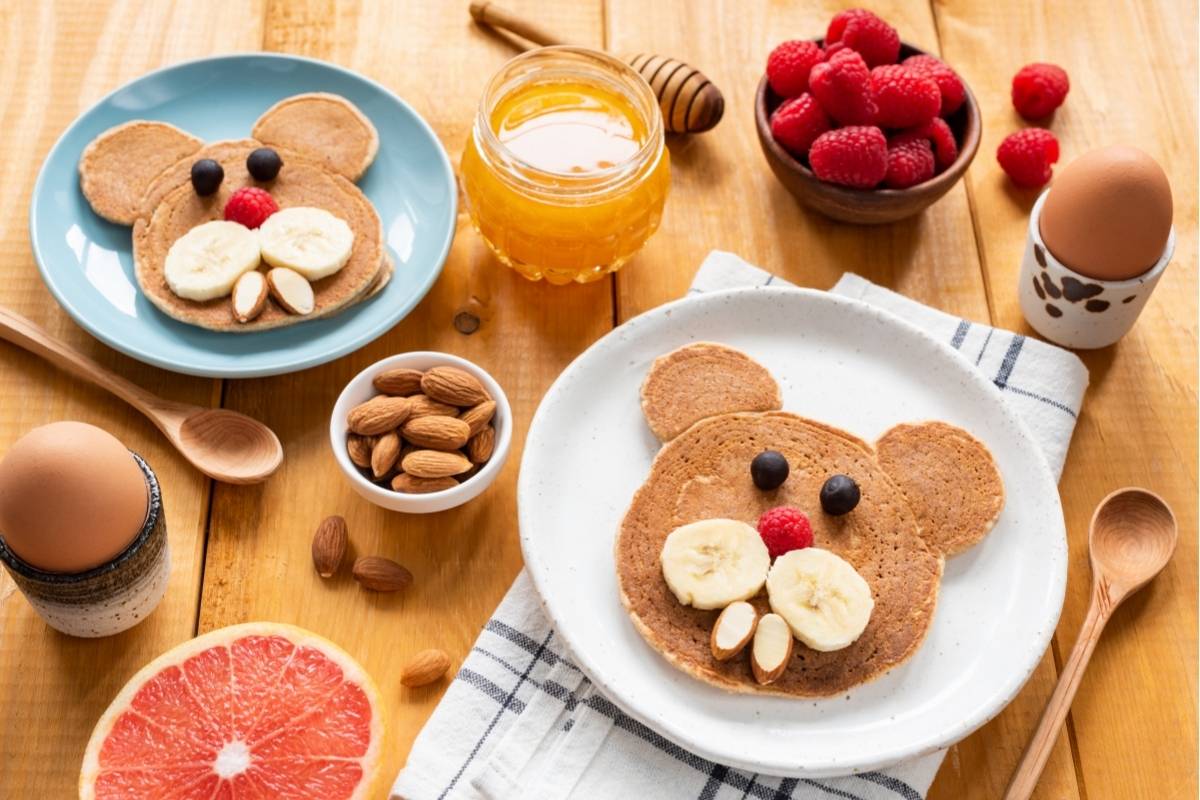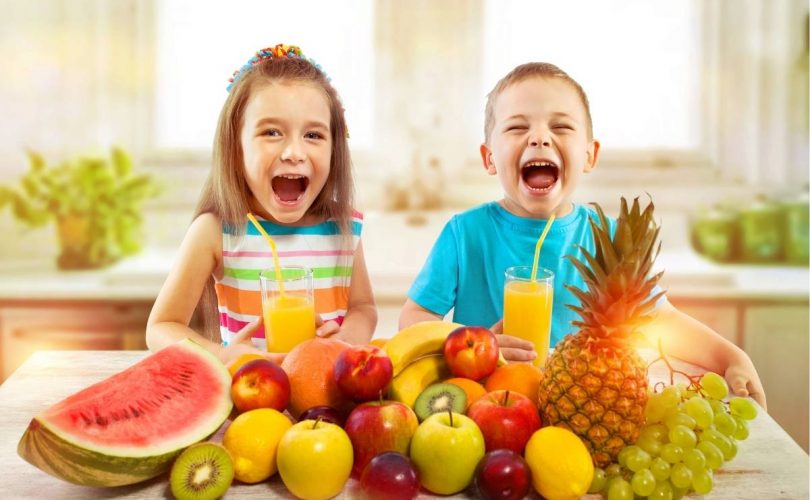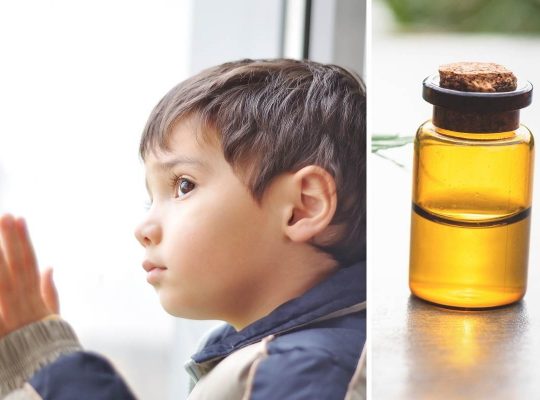Recent research shows that kids who take a healthy diet are likely to be happier than their peers. When a child is happy and feels good about themselves, they are in a better mental state.
Adopting weight loss methods for better kid’s mental health
Weight has become a common health phenomenon in our modern culture. According to Phenq, there are no weight-loss medice recommended to kids or teens. However, being overweight or obese is closely linked to poor mental health in kids because of the social pressure associated with body shapes today. Children who are overweight or obese are more prone to depression, low self-esteem and negative body image.
Unfortunately, 1 in 3 kids in the United States is either overweight or obese. For these kids, the first step to better mental health is the use of proper weight loss methods to help them shed weight. This will make them feel comfortable and happy with their bodies.
You are what you eat. Really?
You have probably heard the saying ‘You are what you eat’ too many times. But what does this really mean? While it is correct to say that this relates to your body size and shape, it is more than just that. It has much to do with your mental health. This is especially true for children.
Medical research shows that eating regulates emotions and emotions regulate eating. Food and mood are often reflections of each other in kids. There are foods that are associated with better mood, higher self-esteem and resistance to emotional problems in children. Good examples are fish and wholemeal products.
What constitutes a healthy diet for kids
A balanced diet
The type of breakfast kids consumes determine their mental state and overall well-being. Studies show that children who had a balanced breakfast scored better on well-being tests than those who missed breakfast or only took an energy drink.
Additionally, kids who consume a balanced packed lunch showed higher well-being scores
Fruits and vegetables
You should give your child five or more servings of fruits and vegetables. Research has shown that children who take more fruits and vegetables perform better in mental well-being tests.
For example, dark leafy green vegetables are believed to decrease the risk of depression.
Berries
Berries are superfoods for improving the mental health of kids. They contain antioxidants, fight free radicals and transform the way brain neurons communicate.
Salmon
Salmon contains omega-3 fatty acids, which are good for kids’ overall health. It also contains vitamin B-12 which improves mental health.
Dairy products
Kids should consume yogurt, dairy milk and cheese at least once a day. Dairy products boost children’s physical and mental health significantly.
Fibres
Fibres like beans are good because they stop kids from feeling hungry. This prevents blood sugar from dipping and causing a decline in mood.
Banana
Bananas are quick mood-boosting food that you can add to your child’s packed lunch. They also help kids get a good night’s sleep which is essential for their mental well-being.
Seeds and nuts
Kids need a daily serving of seeds and nuts. Their inflammatory properties and magnesium make them ideal for fighting depression and anxiety.
Oatmeal
A small bowl of oatmeal in the morning will boost your kid’s mood and contribute greatly to their mental well-being.

As we have seen, there is no shortage of amazing foods to offer your child for better mental health. Diet plays a major role in the state of your child’s mental condition, and you should do your best to ensure you provide your kid with a healthier approach to life and the right foods. The truth is; your child is what they eat, so serve your child balanced, healthy and nutritious meals!





